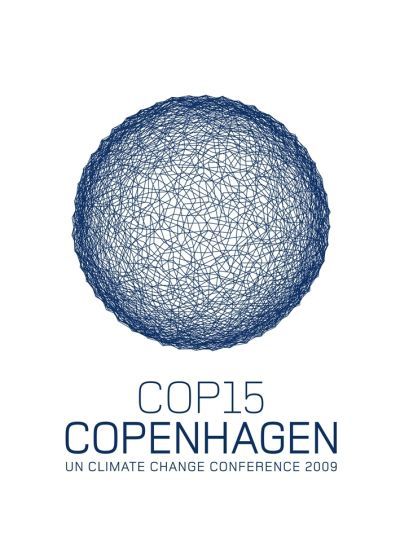Climate: the long and winding road after Copenhagen

After the near-train wreck of last month's Copenhagen climate summit, what lies ahead for efforts to beat back global warming? Next week may yield the first clues.
Countries are being asked to say by Sunday whether they will endorse an 11th-hour deal, the "Copenhagen Accord," which saved the marathon meeting from collapse but sparked accusations of failure and betrayal.
By week's end, the UN Framework Convention on Climate Change (UNFCCC) will have a picture of the response, its officials say.
What emerges will be a litmus test of the Accord's credibility and whether a comprehensive and binding climate pact can be reached by year's end.
And, from there, flow more complex questions. Can the United Nations be revived as the forum for a climate treaty? Or will it play second fiddle to a smaller group of nations led by major carbon polluters?
The Copenhagen Accord calls for limiting warming to two degrees Celsius (3.6 degrees Fahrenheit), the threshold set by many climate scientists.
The agreement also commits rich countries to paying out around 30 billion dollars in total over the next three years, and 100 billion dollars annually by 2020, to help poor nations fight climate change and cope with its consequences.
The 194 UNFCCC signatories have the option of specifying what actions - voluntary or otherwise - they envisage for reducing greenhouse gas emissions.
Most of the world's major polluters, part of a group of around two dozen nations that pushed through the accord, have already reaffirmed goals announced ahead of the Copenhagen talks.
The document will be scrutinised for any missing names, dilution of pledges or backtracking that will sap legitimacy.
The next step will be to put flesh on this skeletal agreement, negotiators agree.
"We have an accord that is lumbering down the runway, and we need it to gather enough speed to take off," chief US delegate Todd Stern told investors at the UN Foundation in New York this month.
An internal assessment by the European Commission makes the same point: "The European Union should play a pro-active role in strengthening and expanding support for the Accord ... 'to give it a life'," it said.
One big task in the coming months will be turn the accord's fuzzy provisions for a Green Climate Fund and a Technology Mechanism into genuine tools for helping poor countries.
Another is to spell out exactly how the emissions pledges of emerging giants, especially China, India and Brazil, should be verified.
Both are highly sensitive policy areas that have stymied the UNFCCC negotiations. A consensus requirement and the tendency to get bogged down in procedural and textual battles make it easy for a nation, or group of nations, to block approval.
Given such problems, movement is growing in favour of a vanguard of countries that would do the negotiation spadework.
Which countries would be in this core, who would organise the meetings, and how they would intersect with the UNFCCC remain unclear.
Suspicions among poor countries in Africa and Latin America of a hijacking of the UN process are what prevented the Accord from securing approval by all UNFCCC members in Copenhagen.
Proponents of a parallel forum are treading cautiously.
"The discussions for an overall legal treaty will also carry forward," Stern said. "We need to set up a smaller group of countries, as well as operating in the full multilateral arena."
He also left open the possibility that the United States would continue the Major Economies Forum, a grouping of the world's top carbon polluters first brought together by George Bush and continued by Barack Obama.
French President Nicolas Sarkozy has called for monthly meetings of the so-called "group of 28", a reference to the ministers and heads of state that hammered out a draft of the Copenhagen Accord during the desperate final day of the summit.
Environment ministers from the quartet of China, India, Brazil and South Africa, meanwhile, have already met and vowed to "deepen" the cooperation among them that so clearly emerged in Denmark.
Few people involved in climate diplomacy are optimistic that a binding treaty - supposed to have been reached in Copenhagen - can be reached in Mexico by year's end, and the mood has been further dampened by Obama's domestic political problems.
"Generally people want to reach a conclusion on the negotiating texts in Mexico, and then they will be in a position to decide how they want to package that outcome legally," UNFCCC Executive Secretary Yvo de Boer said last week.
Rajendra Pachauri, head of the UN climate science panel whose report underpins the negotiations, was gloomy.
"At this point in time, things don't look very good at all. They look very bleak - I'm being very completely candid," Pachauri told AFP, referring to the climate talks.
Subscribe to Independent Premium to bookmark this article
Want to bookmark your favourite articles and stories to read or reference later? Start your Independent Premium subscription today.

Join our commenting forum
Join thought-provoking conversations, follow other Independent readers and see their replies